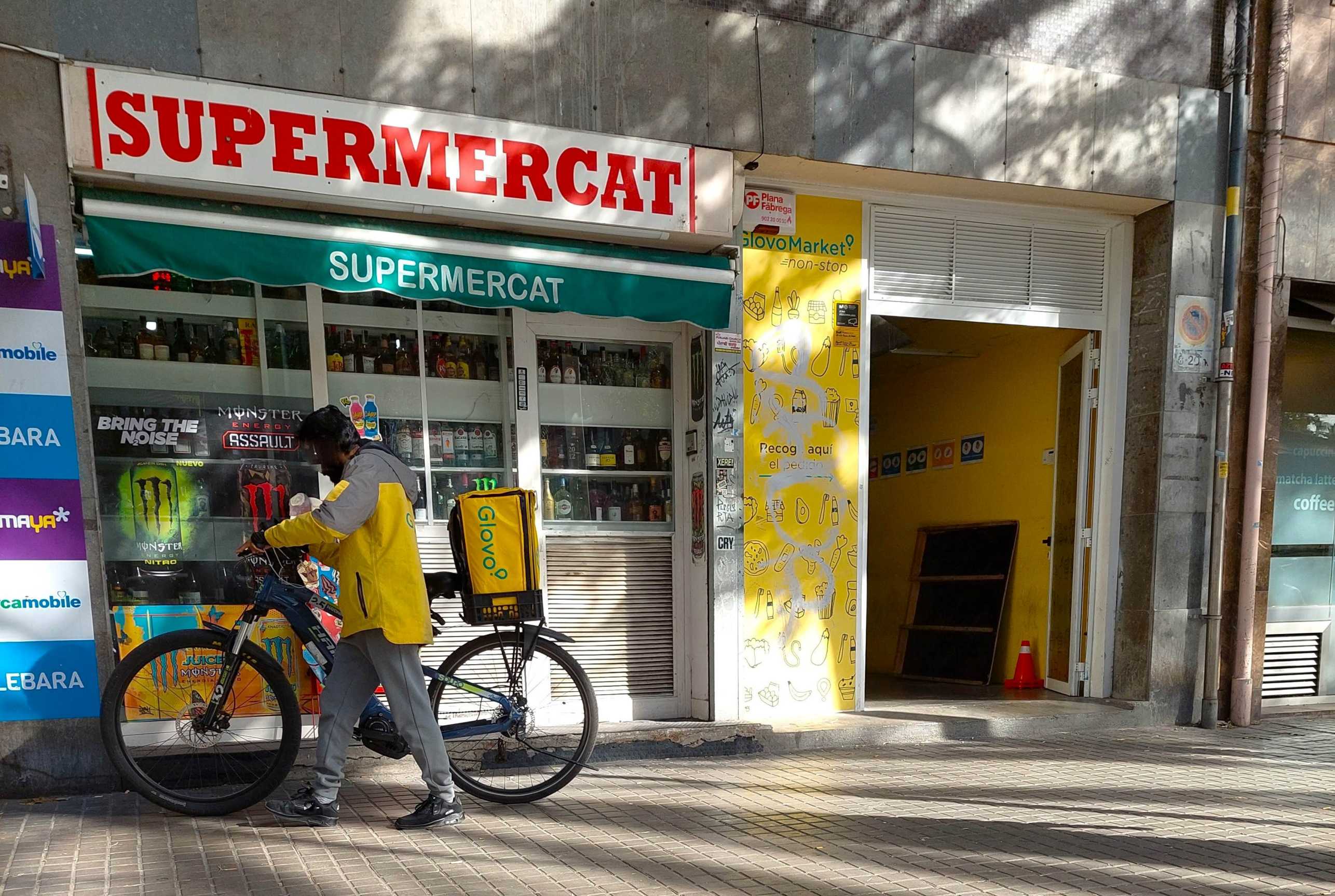Exploring Platform Urbanism: How Delivery Platforms Shape Our Cities
In a newly published article in the International Journal of Urban and Regional Research, titled Strategies and Tactics in Platform Urbanism: Contested Spatial Production through Quick Delivery Platforms in Berlin and Barcelona, Nicolás Palacios Crisóstomo and Professor David Kaufmann delve into the influence of quick delivery platforms on urban spaces, particularly during the COVID-19 pandemic.
The article sheds light on the rise of food and grocery delivery services like Gorillas in Berlin and Glovo in Barcelona, which have transformed urban landscapes by introducing ‘dark stores’ and algorithm-driven logistics. Amid the COVID-19 pandemic, the quick delivery sector boomed, making delivery workers essential to daily urban life. However, the study also highlights how platform workers, such as delivery riders, resist these changes, balancing corporate strategies with their own tactics to navigate and contest this new urban reality.
Drawing on the work of Henri Lefebvre, the authors examine these dynamics through the concept of "spatial abstraction," where platforms attempt to standardize and control urban space to maximize efficiency. This Lefebvrian lens reveals the ongoing struggle between corporate strategies of spatial dominance and the spatial tactics of resistance employed by delivery workers. Through case studies in Berlin and Barcelona, Palacios Crisóstomo and Kaufmann show how platforms' territorial expansion not only impacts urban logistics but also sparks grassroots resistance.
This research contributes to the growing field of platform urbanism, providing insights into the complex relationship between digital platforms, labor, and urban development. It underscores urban spaces' role as arenas for corporate strategy and grassroots resistance.
For more information, you can access the full article external page here.
